Microsoft swallows Mojang: the cynics have got it wrong
Minecraft developer was proud of its independence – but the tiny company couldn't take it any further
A free daily email with the biggest news stories of the day – and the best features from TheWeek.com
You are now subscribed
Your newsletter sign-up was successful
The general response in the gaming world to Microsoft’s purchase of Minecraft has been a groan.
The accusers argue that the independent gaming company Mojang is selling out and that its spiritual head, 'Notch', is a hypocrite: after all, he was quick to criticise Oculus after Facebook bought it, and now, just a few months later, he sells his own baby to an even bigger conglomerate.
As for Microsoft, the critics say the coorporation is desperate to get traction for its Windows phone and needs Minecraft to do it.
The Week
Escape your echo chamber. Get the facts behind the news, plus analysis from multiple perspectives.

Sign up for The Week's Free Newsletters
From our morning news briefing to a weekly Good News Newsletter, get the best of The Week delivered directly to your inbox.
From our morning news briefing to a weekly Good News Newsletter, get the best of The Week delivered directly to your inbox.
I disagree. I’d argue instead that the purchase represents pure opportunity for both sides.
First, the facts. Minecraft is one of the most popular video games ever. PC downloads have topped 100 million in the five years since its launch. Minecraft is the top paid-for application on both Apple and Android devices in the US.
Gaming is bigger than Hollywood. We spend more money playing games on our screens than we do on watching films on them, and, as I’ve argued here before, the battle for your TV is still very much alive.
While Apple and Google fight it out in the phone market, Microsoft is betting it can win over more share of your television, which is still the most used screen for playing games.
A free daily email with the biggest news stories of the day – and the best features from TheWeek.com
Minecraft will no doubt help them do that. It is the most popular online game played on the Xbox: in the past two years, more than two billion playing hours have been notched up on the Xbox 360 in the US alone.
Microsoft’s new CEO, Satya Nadella, teed up the proposition nicely in his July manifesto when he laid out Microsoft’s plans to “light up” both digital work and life.
“As a large company, I think it’s critical to define the core," he said, "but it’s important to make smart choices on other businesses in which we can have fundamental impact and success. The single biggest digital life category, measured in both time and money spent, in a mobile-first world is gaming.”
But what about Mojang? Why couldn’t they just grow their own company without the influence of a digital giant like Microsoft? They were proud of being the most influential independent gaming studio - why not just capitalise on that?
To begin with, they have 40 employees. What they created was incredible for a tiny company, but they lacked the resources and - most important - the ambition to become a big company. They famously didn’t return calls, customer support could be slow and development of major features was consistently behind schedule.
And the founders didn’t want to support Minecraft. They wanted to move on to invent new things, not support something they'd already made.
When founder Markus ‘Notch’ Persson announced earlier this week that he would be leaving Mojang as soon as the Microsoft deal was tied up, he blogged: “A relatively long time ago I decided to step down from Minecraft development… I wanted to try new things.” Unfortunately Minecraft was too big a success to let him do that.
And as for selling out, as the New York Times put it, "rather than engage in fist-bumping or writing a missive to users about how selling his baby will only expand Minecraft’s horizons, Mr. Persson sounded as if he were having a large tumor excised from his body.”
As Notch said himself: “I don’t want to be a symbol, responsible for something huge that I don’t understand, that I don’t want to work on, that keeps coming back to me. I’m not an entrepreneur, I’m not a CEO, I’m a nerdy computer programmer who likes to have opinions on Twitter."
So, how might Microsoft develop Minecraft? James Gwertzman, CEO of PlayFab, told me: "In education alone there are massive opportunities. Think of Minecraft not as a game but as a world simulator - and enterprising teachers are already using it for everything from teaching how electrical circuits work, to rebuilding the Roman Colosseum [see picture below], to designing roller coasters as a test of Newtonian physics.
"My own kids learned the basics of logic gates (the building blocks of digital electronics) and programming by building ever more elaborate Rube Goldberg-esque monster traps."
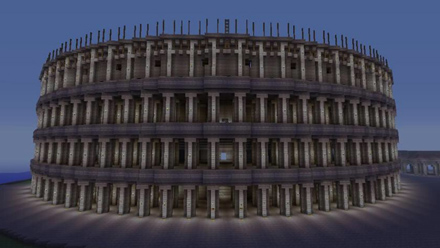
But what of the criticism that Mojang is a one-hit-wonder? Shouldn't Microsoft be buying a company with more than one game up its sleeve?
Twitch CEO Emmett Shear (who just sold his company to Amazon) told Forbes: "I actually think if you take a step back in the gaming space, we are shifting from a world where you need a new hit every N years to where it's much more like running an internet consumer company.
"Google doesn't need a new hit every ten years in the search engine space. That's true for gaming where you keep investing in that franchise and iterating on it."
Investing and iterating are two things that Microsoft is going to do. It's the world's most important game, and if they screw up, we're all going to notice.
-
 The environmental cost of GLP-1s
The environmental cost of GLP-1sThe explainer Producing the drugs is a dirty process
-
 Greenland’s capital becomes ground zero for the country’s diplomatic straits
Greenland’s capital becomes ground zero for the country’s diplomatic straitsIN THE SPOTLIGHT A flurry of new consular activity in Nuuk shows how important Greenland has become to Europeans’ anxiety about American imperialism
-
 ‘This is something that happens all too often’
‘This is something that happens all too often’Instant Opinion Opinion, comment and editorials of the day
-
 Why 2025 was a pivotal year for AI
Why 2025 was a pivotal year for AITalking Point The ‘hype’ and ‘hopes’ around artificial intelligence are ‘like nothing the world has seen before’
-
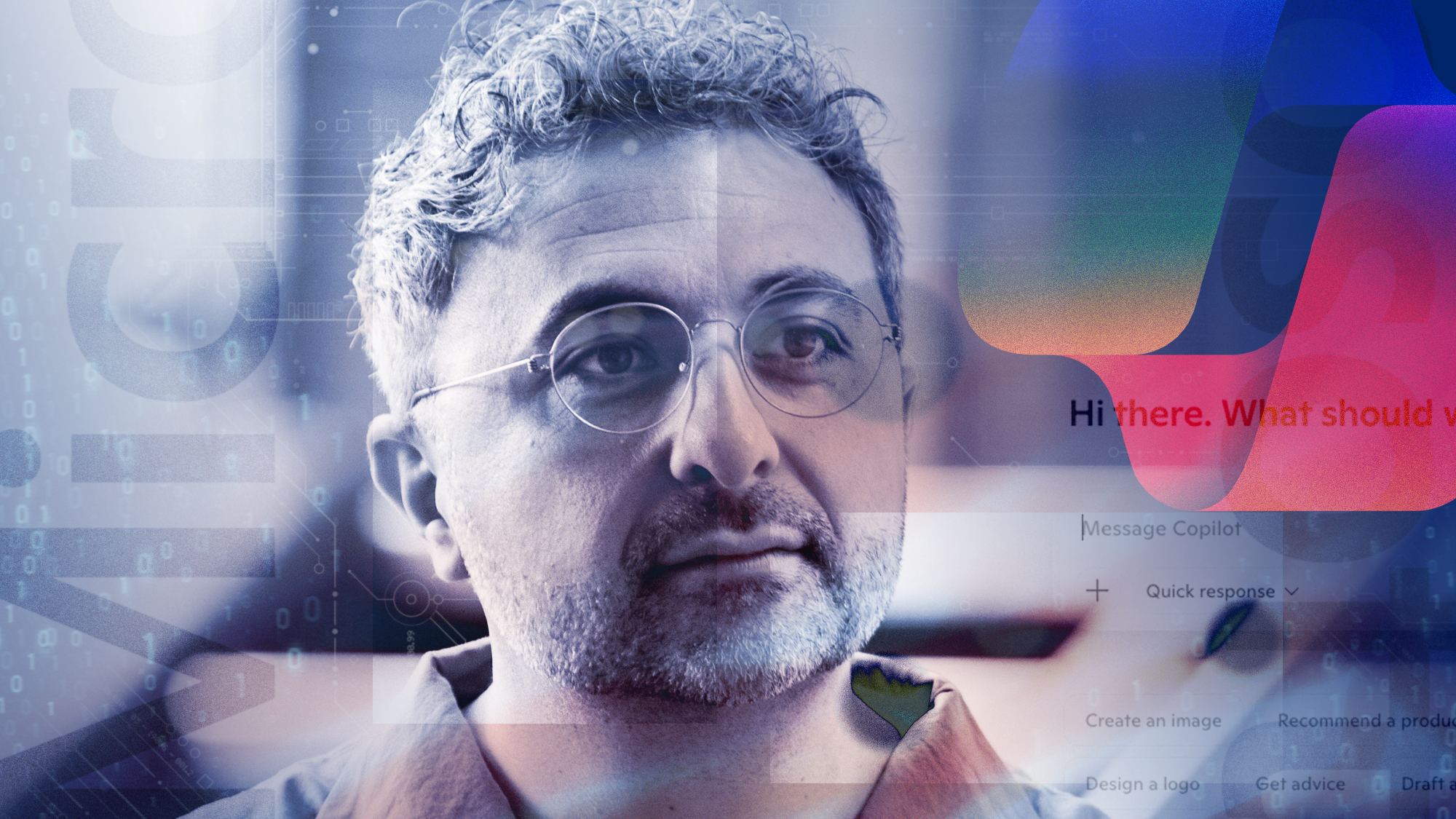 Microsoft pursues digital intelligence ‘aligned to human values’ in shift from OpenAI
Microsoft pursues digital intelligence ‘aligned to human values’ in shift from OpenAIUNDER THE RADAR The iconic tech giant is jumping into the AI game with a bold new initiative designed to place people first in the search for digital intelligence
-
 How the online world relies on AWS cloud servers
How the online world relies on AWS cloud serversThe Explainer Chaos caused by Monday’s online outage shows that ‘when AWS sneezes, half the internet catches the flu’
-
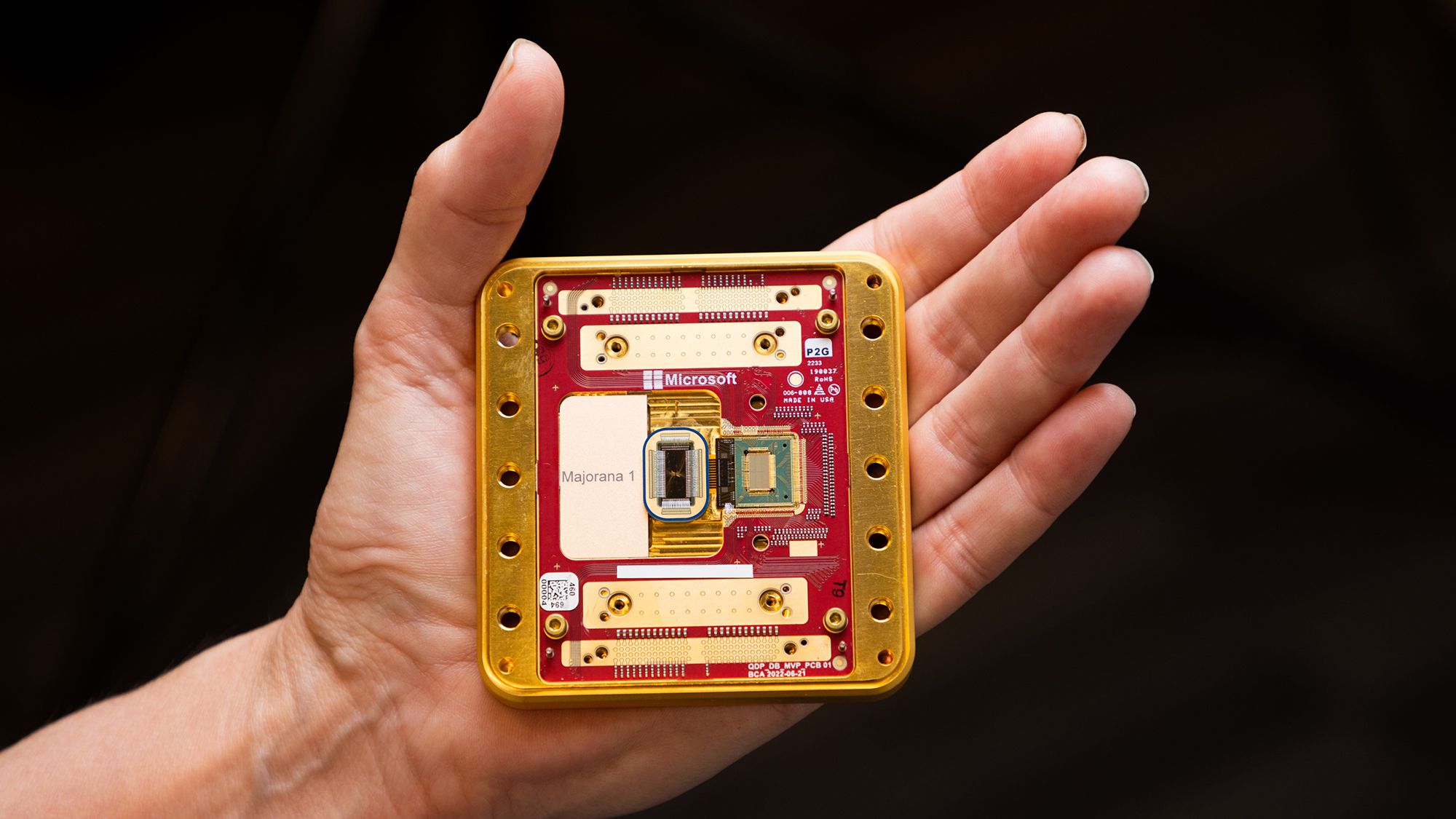 Microsoft unveils quantum computing breakthrough
Microsoft unveils quantum computing breakthroughSpeed Read Researchers say this advance could lead to faster and more powerful computers
-
 Microsoft's Three Mile Island deal: How Big Tech is snatching up nuclear power
Microsoft's Three Mile Island deal: How Big Tech is snatching up nuclear powerIn the Spotlight The company paid for access to all the power made by the previously defunct nuclear plant
-
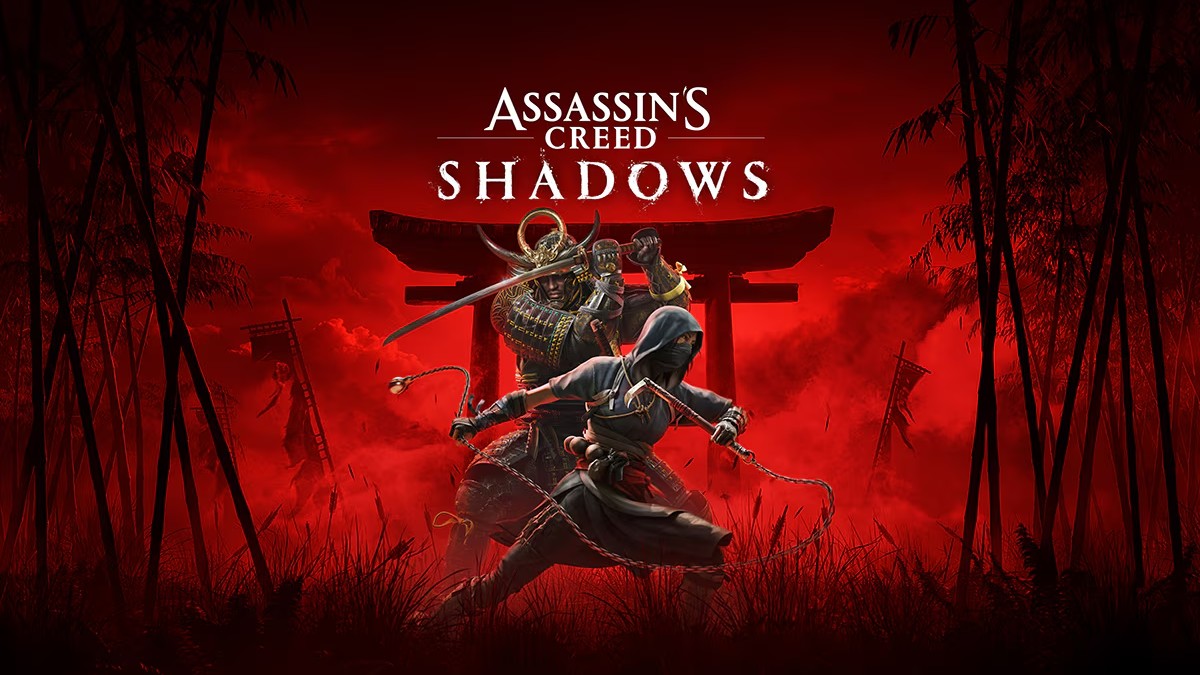 Video games to play this fall, from 'Call of Duty: Black Ops 6' to 'Assassin's Creed Shadows'
Video games to play this fall, from 'Call of Duty: Black Ops 6' to 'Assassin's Creed Shadows'The Week Recommends 'Assassin's Creed' goes to feudal Japan, and a remaster of horror classic 'Silent Hill 2' drops
-
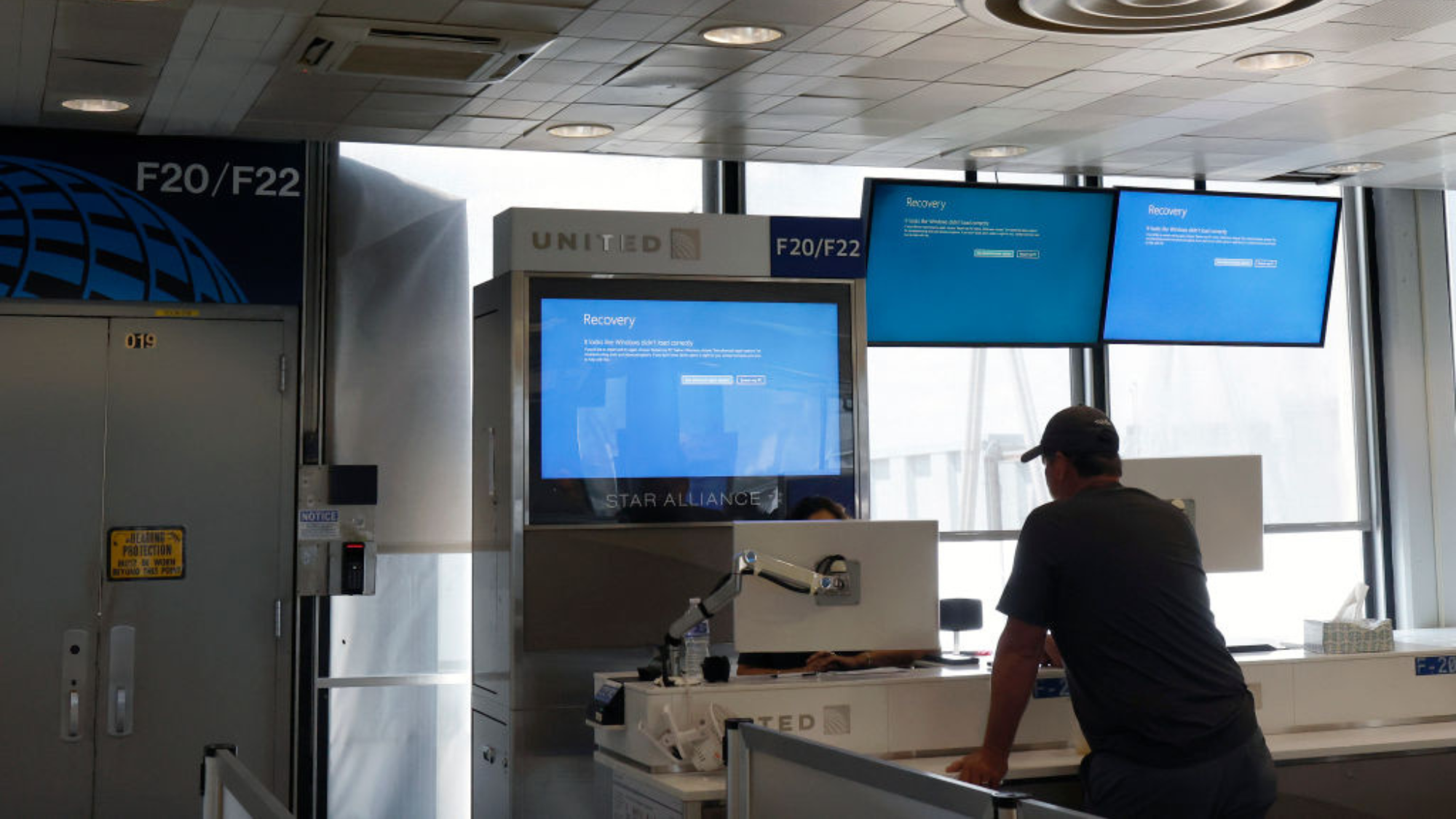 CrowdStrike: the IT update that wrought global chaos
CrowdStrike: the IT update that wrought global chaosTalking Point 'Catastrophic' consequences of software outages made apparent by last week's events
-
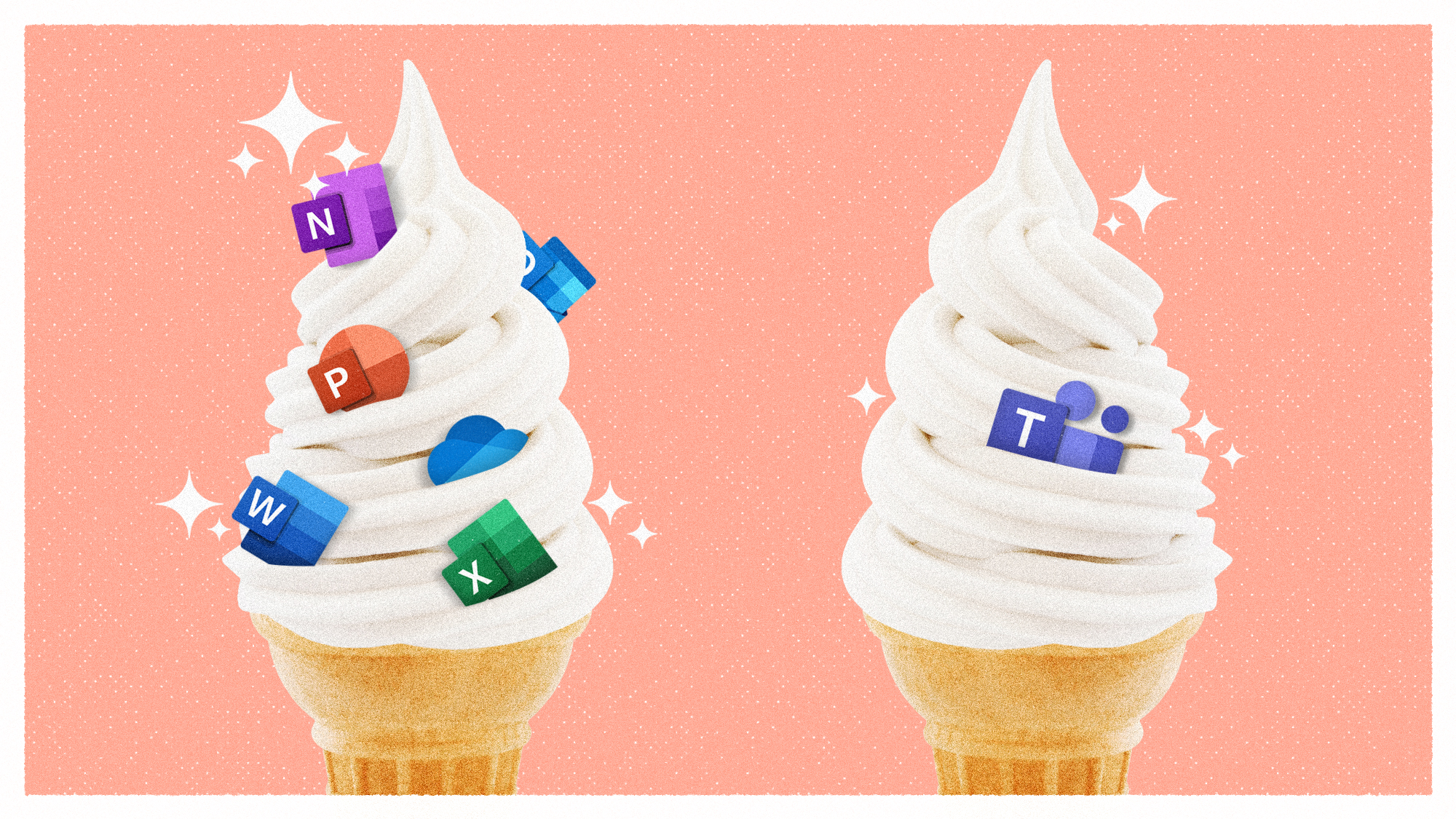 Why is Microsoft breaking up Teams and Office?
Why is Microsoft breaking up Teams and Office?Today's Big Question The company had previously divided the software in Europe, but will now make this change globally